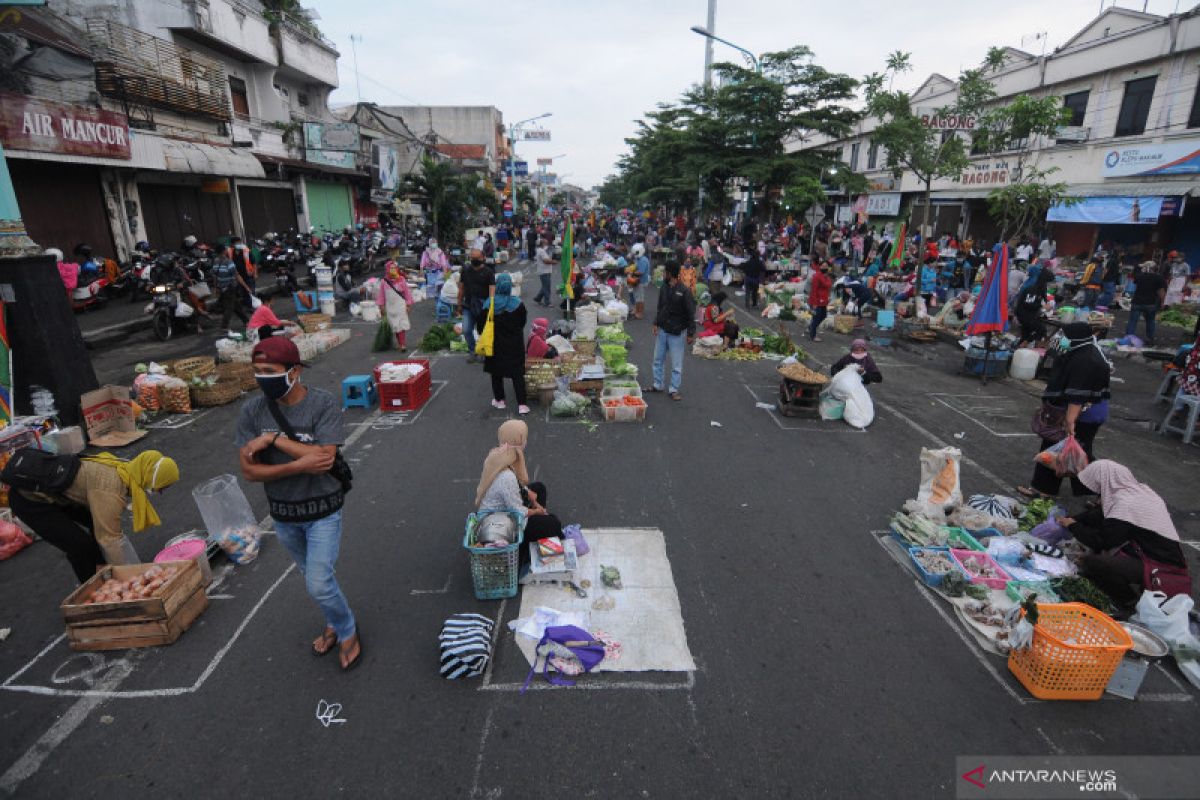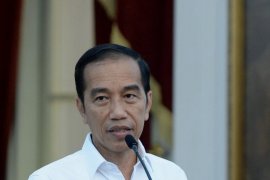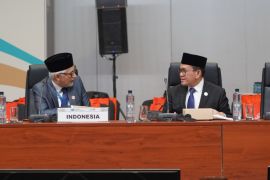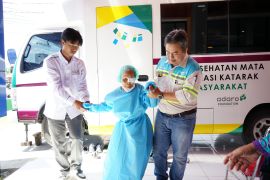Jakarta (ANTARA) - The Indonesian Government's COVID-19 task force spokesperson, Achmad Yurianto. (ANTARA/Muhammad Zulfikar)
“Even if large-scale social restriction measures are not enforced in an area, the people (residing) there need to avoid crowds, wear face masks, wash hands, and stay at home," the government's COVID-19 task force spokesperson Achmad Yurianto said.
The preventive measures are indispensable for breaking the chain of the COVID-19 outbreak, he told journalists at a virtual press conference in Jakarta.
"We must truly fight against the coronavirus together by preventing ourselves from getting infected and by not letting ourselves transmit the disease to other people and our kins," Yurianto urged.
As of Tuesday, Indonesia has recorded 12,071 confirmed cases, while the number of COVID-19 patients who have been discharged from hospitals after fully recovering from the disease has been registered at 2,197.
The death toll from the coronavirus has reached 972 so far, he added.
Related news: Police intensify patrol to preserve public order amid pandemic
Related news: Physical distancing is better alternative to lockdown: President
The coronavirus disease, which initially struck the Chinese city of Wuhan at the end of 2019, has since spread to at least 202 countries and territories, including Indonesia, with a massive increase in the death toll.
The Indonesian government officially announced the country's first confirmed cases on March 2 this year. The ongoing COVID-19 pandemic has weakened the purchasing power of scores of Indonesian families, particularly those who have lost their jobs.
Meanwhile, President Jokowi has highlighted the importance of fostering the spirit of "gotong royong", or mutual cooperation, in responding to the impact of the COVID-19 pandemic, arguing that the government cannot work alone to fight the spread of coronavirus infections.
The central and regional governments nationwide have also been striving persistently to flatten the coronavirus curve by imposing healthcare protocols and social restrictions.
To break the change of transmission, large-scale social restrictions have been applied in several other cities, including Jakarta, Bogor, Depok, Tangerang, and Bekasi.
The central government has also banned homebound travel, locally known as ‘mudik’, during the fasting month of Ramadhan and the Idul Fitri holiday season.
Related news: Mudik ban to come into effect April 24 midnight
Related news: Government to punish civil servants violating 'mudik' ban










